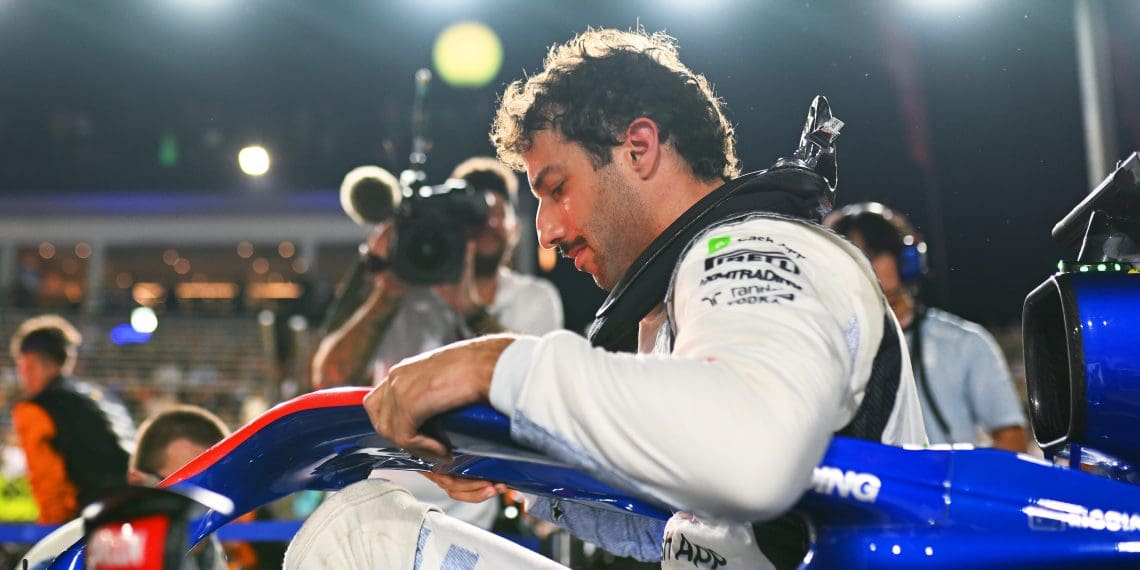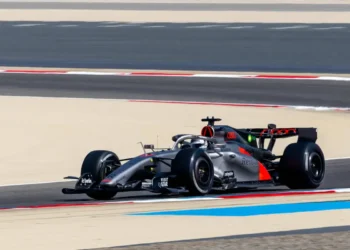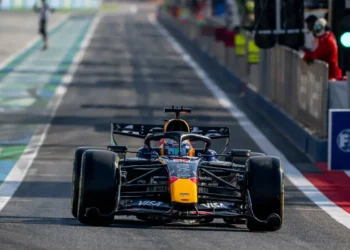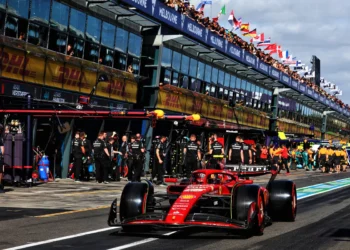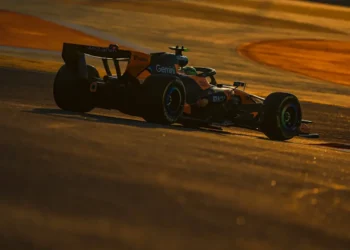The saga surrounding Daniel Ricciardo’s inconsistent performance during his time at McLaren has once again sparked debate, this time between Red Bull’s Christian Horner and McLaren’s race engineer Tom Stallard. Horner recently claimed that Ricciardo “picked up bad habits” during his two-season stint with McLaren, a period where the Australian struggled to find the form that had once made him a top-tier Formula 1 driver.
After leaving Red Bull in 2018 and brief spells with Renault, Ricciardo joined McLaren in 2021, bringing hopes that his experience and tenacity would help the team return to the front of the grid. However, despite clinching a single, spectacular victory at Monza, Ricciardo’s tenure at McLaren was marked by inconsistency, culminating in an early exit at the end of 2022.
Upon his return to AlphaTauri (now VCARB) in 2023, Horner pointed fingers at McLaren, claiming that Ricciardo had developed detrimental habits that impacted his performance. According to Horner, Ricciardo’s struggles with McLaren’s car setup left him misaligned with Red Bull’s competitive standards.
However, McLaren’s race engineer, Tom Stallard, strongly pushed back against these claims. Stallard argued that Ricciardo wasn’t driving poorly but rather that McLaren’s unique car setup required precise techniques that were difficult for the 35-year-old to master.
“I disagree,” Stallard stated firmly. “I would say actually that Daniel was driving the car very normally, and if anything, our car required some quite specific actions, primarily around the turn-in phase of the corner, which he struggled to adapt to because they require very, very precise timing from the driver.”
Stallard highlighted the complexity of McLaren’s car, particularly the demands it placed on Ricciardo to execute sharp, well-timed movements during corner entry. These nuances clashed with Ricciardo’s usual driving style, leading to his performance struggles. Nonetheless, Stallard emphasized that Ricciardo didn’t pick up bad habits but rather faced difficulties adapting to McLaren’s distinctive driving requirements.
Despite the disappointing results, Stallard expressed admiration for Ricciardo’s positivity and professionalism, underscoring the personal rapport they had during their time together.
“Working with Daniel was great because he’s just a really lovely guy. He’s a really positive guy to be around,” Stallard reflected. “It’s well known that we didn’t achieve what we wanted to achieve with him at McLaren, but that was down to the specific demands of our car, not any ‘bad habits’ he picked up.”
Ricciardo’s struggles have been further compounded in 2024 as he faces another challenging season, having been replaced by ahead of the United States Grand Prix after managing to score points in only three of the 18 races this season. While the future of his Formula 1 career remains uncertain, the debate over his McLaren tenure continues to divide opinions in the paddock.

